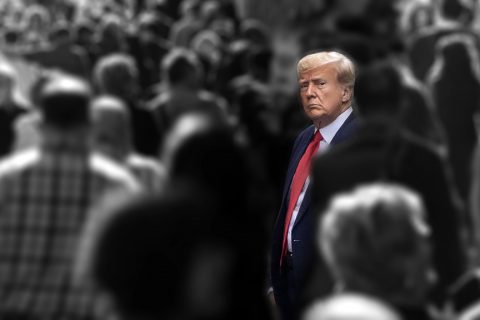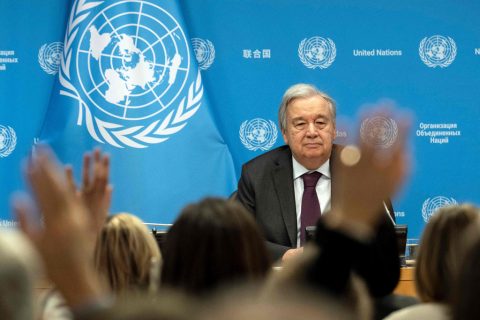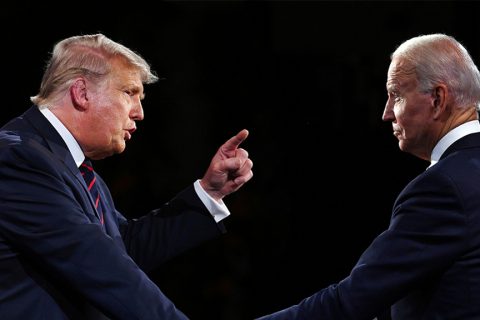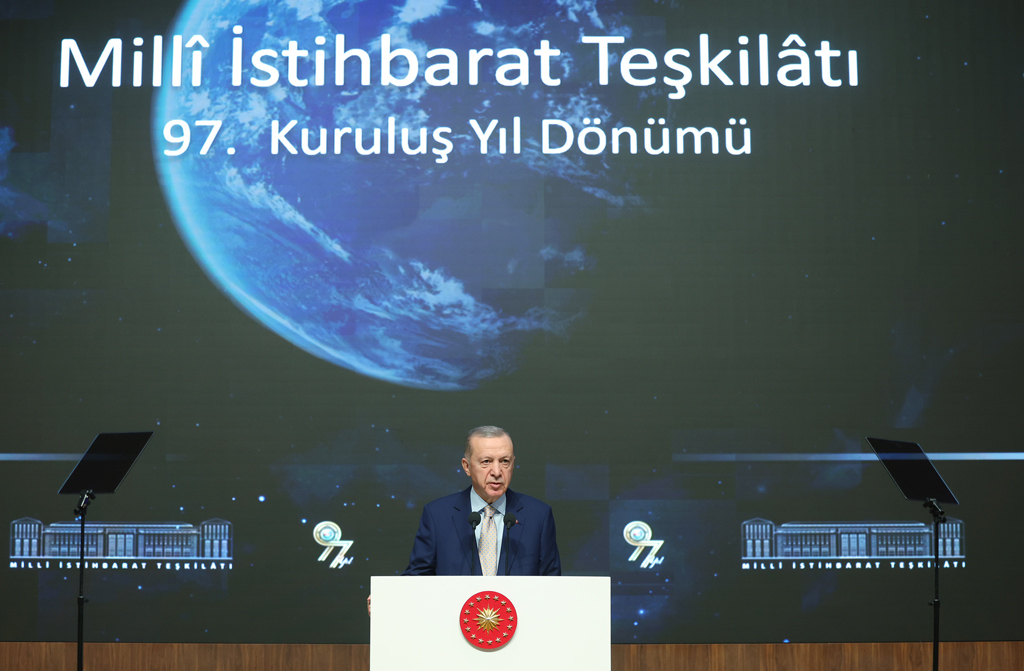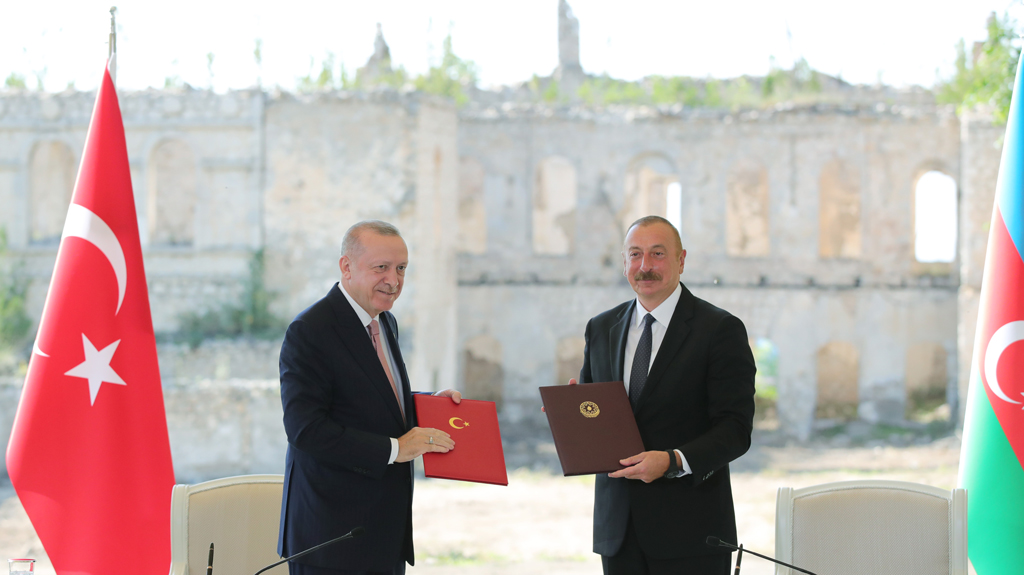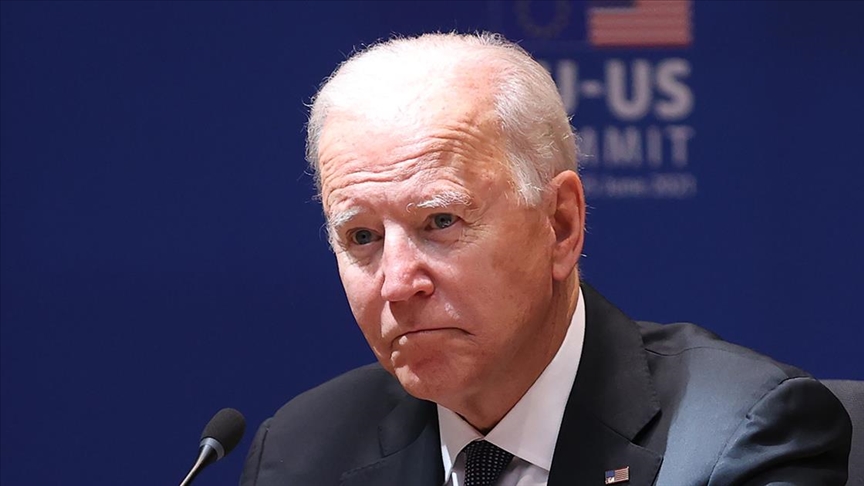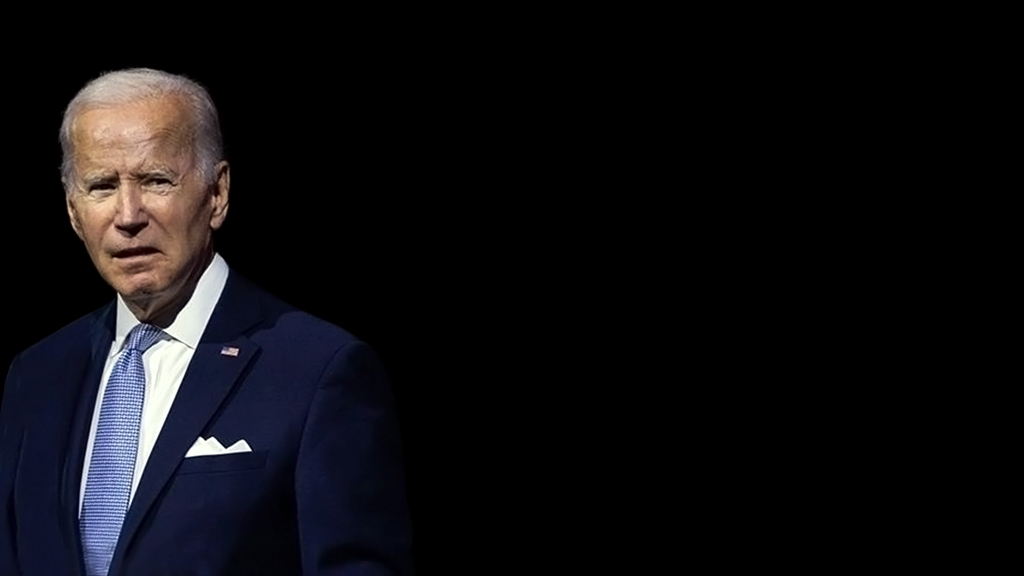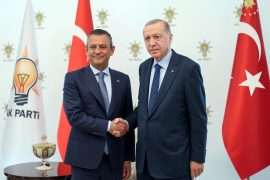China

Trump, NATO, and American global leadership
| OpinionThe remarks made by Trump, who is widely expected to run for president as the …
-
Opinion
Trump, NATO, and American global leadership
By Kadir ÜstünThe remarks made by Trump, who is widely expected to run for president as the Republican Party candidate, regarding NATO once again underscored how fragile America's claim to global leadership is. Trump threatened to pressure certain NATO member countries to increase their military spending or face consequences. By stating that Russia could do whatever it wants with these countries, Trump escalated his anti-NATO rhetoric to new heights during his presidency. Trump's longstanding questioning of the concept of collective defense by the United States and his failure to protect a NATO member country practically spells the end of this military alliance. The loss of the deterrent effect of NATO's Article 5-based collective defense concept would not only undermine the alliance's guarantees but also signify the end of America's leadership within the Western alliance. As America engages in a global power struggle with Russia and China, it will become increasingly difficult for the country to conduct this struggle within the Western alliance without establishing unity.
-
Opinion
Putin, Guterres and ‘age of chaos’ we are entangled in
By Burhanettin DuranAn interview and a speech from last week rang alarm bells regarding the fate of world politics. The two-hour interview with Russian President Vladimir Putin was conducted by the American journalist Tucker Carlson, while the speech was delivered at the United Nations General Assembly by Secretary-General Antonio Guterres and concluded that the world had entered an “age of chaos.”
-
Opinion
Biden’s helplessness and Trump’s destructiveness
By Kadir ÜstünRepresentative Mike Johnson, the majority leader of the House of Representatives, became the latest political casualty of former President Trump this week with two significant defeats. Johnson's attempt to remove Secretary of Homeland Security Mayorkas failed due to three Republican representatives voting against it. Subsequently, Johnson's move to vote on a $17.6 billion aid package for Israel also failed with opposing votes from both parties. Johnson's lack of political leadership experience is among the significant reasons for this situation. Trump's reluctance to resolve issues such as the immigration crisis and Israel in Congress, which he wanted to use in his presidential election campaign, makes it difficult for Republicans to act unitedly. When the legislative process becomes election-oriented, Congress cannot produce solutions or shake off its dysfunctional image.
Bu Konuda Daha Fazla
-
Escalating tensions and the militarization of the Middle East
By Murat YeşiltaşThe recent developments in the Middle East region have led to a deepening instability, with the possibility of conflict increasing day by day. In 2023, we witnessed a period of relative normalization in the Middle East. While countries in the region were trying to minimize the potential for conflict, they had come a long way in developing common potential.
-
Codes of messages on 97th anniversary of MIT’s establishment
By Burhanettin DuranTo understand how Türkiye sees the world’s dangerous trends, it is crucial to go over the statements made at the National Intelligence Organization’s (MIT) 97th anniversary event.
-
Azerbaijan and the Rise of Turkic Unity: The Journey...
By Farid ShafiyevThis commentary delves into the evolution of the Organization of Turkic States (OTS), highlighting its transformation from a consultative mechanism to a robust international entity with geostrategic significance. The paper examines key developments such as the Shusha Declaration, the impact of the Second Karabakh War, and the strategic partnership among Turkic states in the context of global geopolitical dynamics. The paper focuses on Azerbaijan’s vision of the development of the Turkic unity, some historical aspects, which preceded the idea of the Turkic unity, and contemporary trends in the regional and global politics, which gave impetus to the enhancement of the OTS. The conclusion highlights the importance of Turkic unity as it stands out more prominently in the complex geopolitical environment and posits that trends make it necessary to strengthen and develop cooperation among the Turkic states.
-
US foreign policy outlook in 2024
By Kadir ÜstünThe year 2023 began relatively strong for the U.S. in terms of its claim to global leadership in foreign policy. However, due to a strategic blind spot in the context of the Gaza conflict, it ended on a disappointing note. In the upcoming year, it is not difficult to predict that the Biden administration will attempt to diminish this loss of reputation. However, President Biden's unwavering support for Israel poses a significant obstacle. While Washington acknowledges the unsustainability of this stance, overcoming it to influence Israel's "war cabinet" will require more than leaking discontent to the press. In 2024, Biden must shift his focus from providing ideological support to Israel and concentrate on repairing America's political interests and reputation. Failing to do so will hinder his ability to unite his party or establish superiority in the power struggle with Russia and China.
-
US foreign policy in 2023…
By Kadir ÜstünThe Biden administration's performance succumbed to ideological perspectives and strategic blindness.
